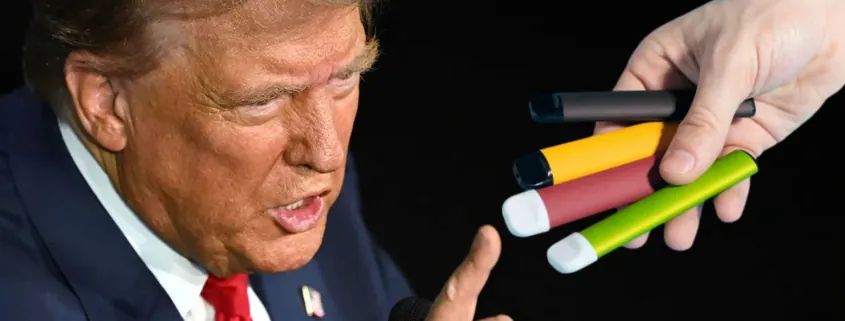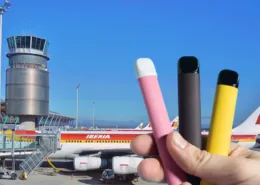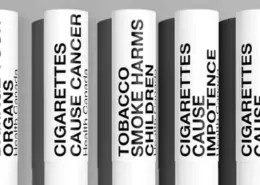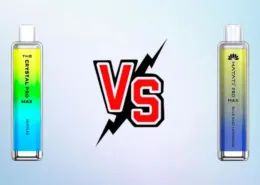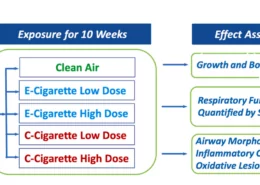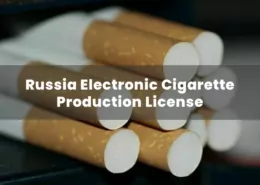Vaping Industry Anticipates Potential FDA Regulation Changes Under Trump Administration
Supreme Court Decision and New Leadership Could Reshape E-Cigarette Landscape
The vaping industry finds itself at a critical juncture as it eagerly awaits potential changes to FDA regulations under the Trump administration and a forthcoming Supreme Court ruling on FDA authority. As ongoing debates surrounding health concerns, youth access, and regulatory frameworks continue to shape the industry’s trajectory, advocates express optimism about the possibility of relaxed regulations and clearer guidelines.
Vaping Industry Seeks Regulatory Overhaul
Tony Abboud, executive director of the Vapor Technology Association, emphasizes the incoming administration’s focus on eliminating “bad regulations” and fostering innovation. The vaping industry believes that President-elect Donald Trump’s administration possesses the potential to reshape the regulatory landscape in favor of small businesses and consumer choice, aligning with the administration’s overarching philosophy of reducing federal oversight.
In a September 2024 Truth Social post, Trump declared his intention to “save vaping again,” further bolstering the industry’s hopes for a more favorable regulatory environment.
FDA and Industry Clash Over Regulatory Process
Since 2016, the FDA has exercised its regulatory authority over e-cigarettes under the Tobacco Control Act, mandating manufacturers to submit premarket tobacco applications (PMTAs) to demonstrate their products’ public health benefits. However, vaping companies contend that the process is excessively burdensome and lacks transparency, with lawsuits alleging that FDA denials frequently hinge on ambiguous or inconsistent standards.
The impending Supreme Court decision on FDA v. Wages and White Lion Investments has the potential to establish a crucial precedent for the FDA’s application handling and regulation enforcement. Industry advocates remain hopeful that Trump’s leadership could alleviate regulatory obstacles and prioritize a more balanced approach.
Flavored E-Cigarettes: Balancing Adult Needs and Youth Concerns
The role of flavored e-cigarettes persists as a contentious issue in the vaping debate. While flavors play a pivotal role in assisting adult smokers in transitioning away from combustible cigarettes, the FDA has cited youth appeal as justification for stringent regulation.
Despite the National Youth Tobacco Survey indicating a two-thirds reduction in teen e-cigarette use since its 2019 peak, the FDA maintains its stance on flavors as a risk factor for youth addiction. The vaping industry asserts that the benefits of flavors for adult smoking cessation far outweigh the risks, arguing that numerous studies have demonstrated vaping to be one of the most effective smoking cessation tools available.
During his first term, Trump’s record on vaping presented a mixed picture, initially proposing a ban on most flavored e-cigarettes in 2019 due to youth use concerns, but ultimately scaling back the ban following industry pushback. However, his administration did impose restrictions on flavored pods and increased the federal purchasing age for tobacco products to 21.
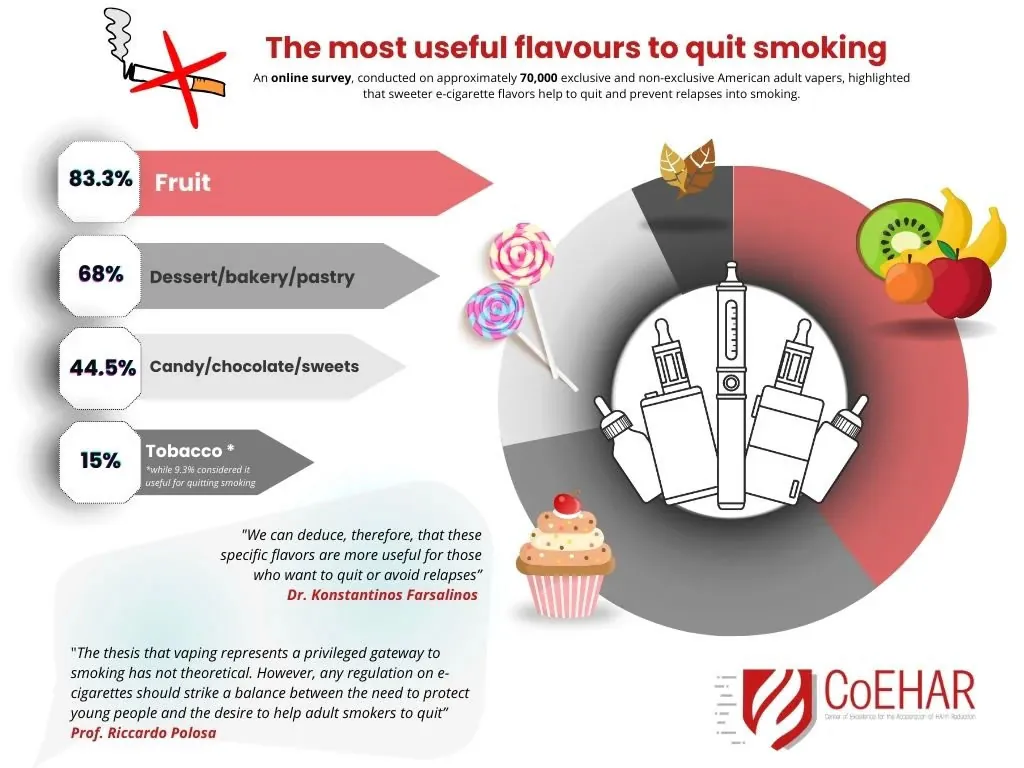
Looking Ahead: Balancing Innovation and Public Health
The vaping industry eagerly anticipates the Supreme Court’s decision and the Trump administration’s approach to FDA oversight, viewing this moment as a potential turning point. Advocates call for a more transparent, predictable, and science-based regulatory process that supports innovation while addressing legitimate public health concerns.
Ultimately, the industry seeks to strike a balance between the needs of adult smokers seeking alternatives and the imperative to protect youth. The outcome will depend on how the administration and courts navigate these complex issues in the coming months, with the vaping industry standing on the brink of potentially transformative change.

